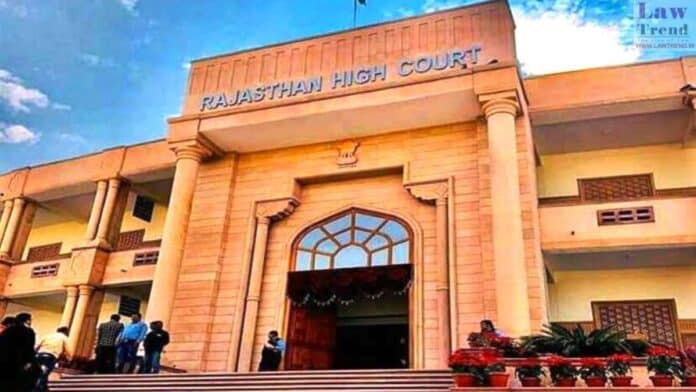In a significant ruling, the Rajasthan High Court at Jodhpur quashed the summons issued against the relatives of a husband in a domestic violence case. The case, S.B. Criminal Writ Petition No. 611/2022, was filed by Pushpendra Kumari and others against the State of Rajasthan and Smt. Harshita Bhati. The petitioners sought to quash the
To Read More Please Subscribe to VIP Membership for Unlimited Access to All the Articles, Download Available Copies of Judgments/Order, Acess to Central/State Bare Acts, Advertisement Free Content, Access to More than 4000 Legal Drafts( Readymade Editable Formats of Suits, Petitions, Writs, Legal Notices, Divorce Petitions, 138 Notices, Bail Applications etc.) in Hindi and English.




